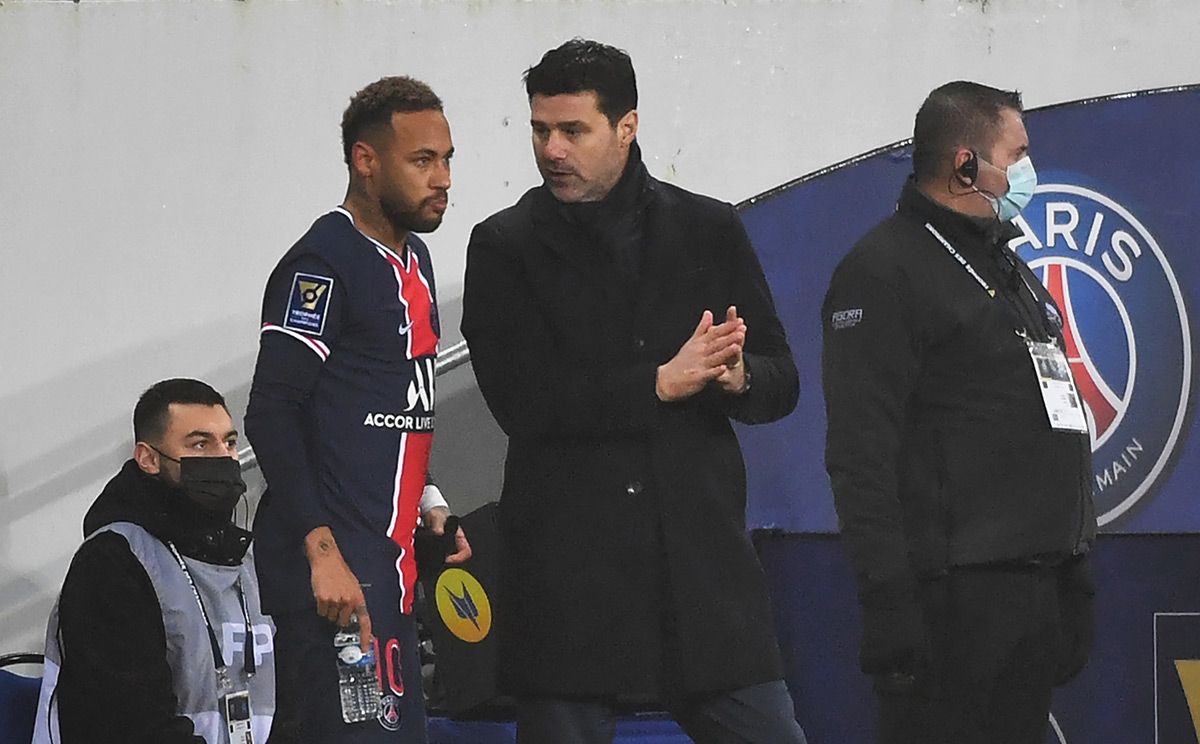David Villafranca
Los Angeles (USA), Jan 30 (EFE) .- With a daring vital and spiritual metamorphosis, one of the most relevant Mexican actors of his generation has landed at the Sundance Festival Tenoch Huerta and who now stars in the film ‘ Son of monarchs’ in which cinema and biology dance hand in hand.
“I have always maintained that science and art are practically the same: it is imagining worlds that do not exist and making them real, making them possible,” he defended in an interview with Efe.
‘Doing science is a gigantic metaphor: you take an element, put it together with another that is apparently disjointed and, when putting them together, you make a third meaning (…). No animal does science and no animal makes art: it is the only thing that differentiates us from animals, ‘he argued.
The emblematic monarch butterflies are the backbone of this film by the Franco-Venezuelan Alexis Gambis, who is a filmmaker and also a scientist, in which Huerta plays a Mexican biologist named Mendel who lives in New York but has many pending accounts in his native land .
Known for series such as ‘Narcos: Mexico’ and films such as ‘Días de gracia’ (2011) or ‘Güeros’ (2014), Huerta is accompanied in the cast of ‘Hijo de monarcas’ by Noé Hernández, Alexia Rasmussen and Paulina Gaitán.
ANIMAL INSTINCT
“I think many times, when I make a film, an animal is like my way of connecting many themes,” said Gambis.
‘The butterfly was interesting because there is that aspect of migration: from Canada through the United States to Mexico. It is a symbol for immigrants because of the idea that the butterfly migrates, it has no borders, it can fly over a wall … It is like the invincible part of the monarch ‘, he listed.
Parallel to his research on butterflies, Mendel’s character gradually begins an existential transformation, in which the film touches on themes such as death, resentment, oblivion and family.
“We found Mendel in a chrysalis, in a cocoon, a bit paralyzed,” Huerta reflected.
‘Putting the poetic aside, I thought he was a functional depressive. It works very well: he works, he interacts with people, he can support himself … But he is depressed, he is floating. It’s still in that process of liquefying before building something else. And when he dares to throw himself into life, into his own demons, into his madness, to lose his mind without fear (…) that’s when he manages to find himself, ‘he said.
LABORATORY RITUAL
Filmed in New York and in Michoacán (Mexico), ‘Hijo de monarcas’ has been presented at Sundance, the most important event in independent cinema in the world, within the non-competitive NEXT section for the most innovative films.
In addition, the journey of this film has started off wonderfully since Sundance has already announced that it will be the winner of the Alfred P. Sloan Award this year, which recognizes films that deal with science or technology.
Mendel’s scientific investigations are a fundamental part of his narrative, but ‘Son of Monarchs’ also pays a lot of attention to the spirituality of his character, to his rituals beyond logic, to his religious inclinations far from any demonstrable theory.
“Science and spirituality should be much more connected,” Gambis opined.
‘People think that science is something very objective and disconnected from ritual, but it is a very philosophical world where one thinks a lot about the questions of life and about oneself. In my experience as a biologist when I was in the laboratory, like the character of Tenoch, I was in that refuge and had as appearances of my life, of my grandmother who died at that time … ‘, he recalled.
In this sense, Huerta explained that both in life and in interpretation it gravitates precisely between these two poles: the animal and the rational, the scientific and the supernatural.
‘If not, he couldn’t be an actor. I know actors who are too rational and well, the bottom line, I don’t really like how they work. I know actors who jump like animals and I find it wonderful. It is the type of performance that I like, it moves me, takes me and connects me, ‘he said.
The best example of that was Huerta in one of his co-stars, Noé Hernández, of whom he highlighted his ‘amazing generosity’, from whom he said he learns ‘each and every time’ that he shares the scene with him, and of whom he stressed that he is an actor “who thinks the scene very well, builds it very well” and then “lets go with everything.”
“I consider Noé Hernández to be the best Mexican actor alive,” he concluded. EFE
– .


